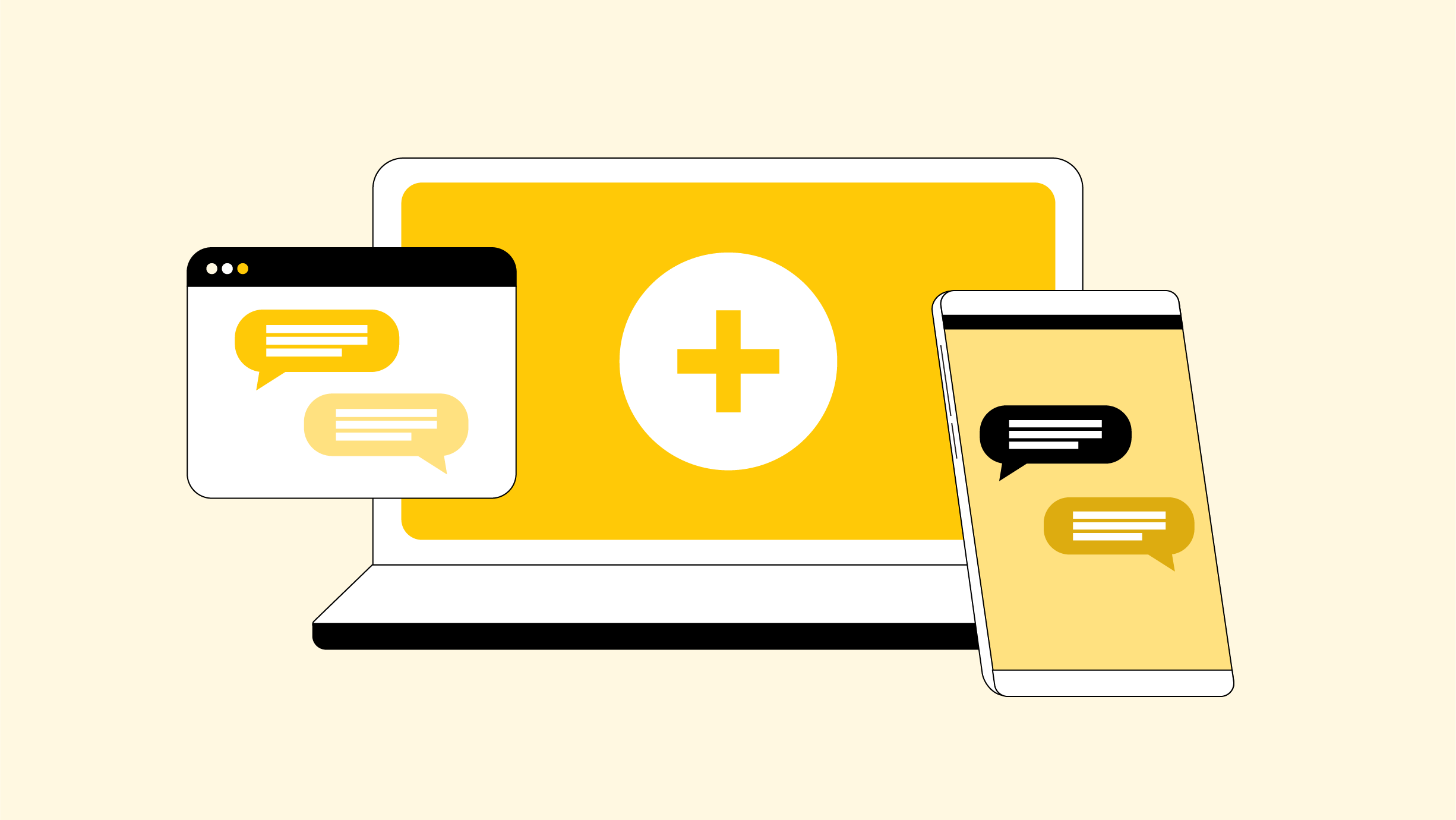What should I tell my care team before I take this medication?
They need to know if you have any of these conditions:
- Kidney disease
- Low blood counts, such as low white cell, platelet, or red cell counts
- An unusual or allergic reaction to ganciclovir, valganciclovir, other medications, foods, dyes, or preservatives
- Pregnant or trying to get pregnant
- Breast-feeding
What may interact with this medication?
This medication may interact with the following:
- Amphotericin B
- Certain medications for cancer, such as adriamycin, doxorubicin, vinblastine, vincristine
- Certain medications for HIV, such as didanosine, zidovudine
- Cyclosporine
- Dapsone
- Flucytosine
- Hydroxyurea
- Imipenem; cilastatin
- Mycophenolate mofetil
- Pentamidine
- Probenecid
- Sulfamethoxazole; trimethoprim
- Tacrolimus
This list may not describe all possible interactions. Give your health care provider a list of all the medicines, herbs, non-prescription drugs, or dietary supplements you use. Also tell them if you smoke, drink alcohol, or use illegal drugs. Some items may interact with your medicine.
What should I watch for while using this medication?
Visit your care team for regular checks on your progress. Tell your care team if your symptoms do not start to get better or if they get worse.
You may need blood work while taking this medication.
If you have a CMV eye infection, have your eyes checked every 4 to 6 weeks.
Drink 6 to 8 glasses of water or fluids daily while taking this medication to help prevent side effects.
This medication may affect your coordination, reaction time, or judgment. Do not drive or operate machinery until you know how this medication affects you. Sit up or stand slowly to reduce the risk of dizzy or fainting spells. Drinking alcohol with this medication can increase the risk of these side effects.
Talk to your care team if you wish to become pregnant or think you might be pregnant. This medication can cause serious birth defects if taken during pregnancy and for 30 days after the last dose. A negative pregnancy test is required before starting this medication. A reliable form of contraception is recommended while taking this medication and for 30 days after the last dose. Talk to your care team about effective forms of contraception. Do not father a child while taking this medication and for 90 days after the last dose. Use a condom during sex during this time period.
Do not breast-feed while taking this medication.
This medication may cause infertility. Talk to your care team if you are concerned about your fertility.
What are the most serious risks of this medication?
This medication can decrease the amount of blood cells (white cells, red cells, platelets) your body makes. This increases the risk of anemia, bleeding, and infection. Your care team will check your blood cell levels during your treatment. Talk to your care team right away if you have unusual bruising or bleeding, fever, chills, cough, sore throat, pain or trouble when passing urine, or a general feeling of discomfort or being unwell.
Taking this medicine can impair your ability to have children. Talk to your healthcare provider before starting this medicine if you want to have children.
Taking this medicine can increase the risk of getting cancer.
Males who get this medicine must use a condom during sex with female partners who can get pregnant. If you get a woman pregnant during treatment, the baby could have severe birth defects or die before they are born. You may need to continue to avoid getting a female pregnant after stopping the medicine. The length of time depends on the medication. Talk to your healthcare provider about how long you should continue to wear condoms after stopping the medicine. Tell your healthcare provider right away if your partner becomes pregnant while you are taking this medicine.
This medication may cause serious birth defects if taken during pregnancy. Do not take this medication if you are pregnant.








